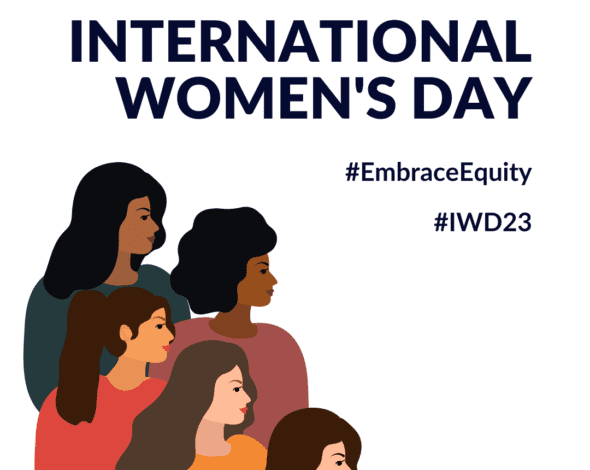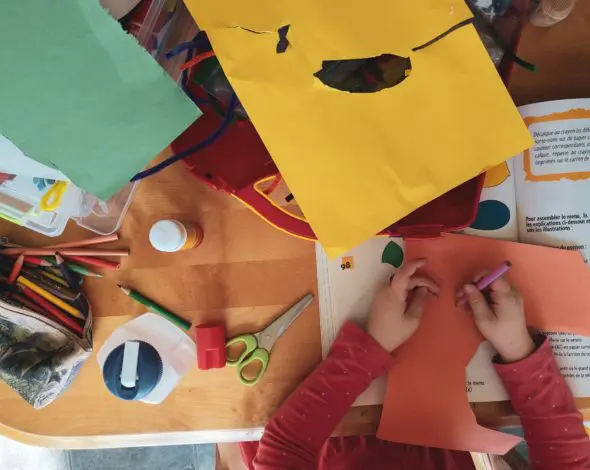Ordinarily, I’m part of a small team of AMHPs based in an office together, taking referrals for Mental Health Act Assessments. Since the Coronavirus rules have been implemented, we continue to have statutory duties under the Mental Health Act, but our ways of working have changed and we are trying to minimise the number of people in the office each day whilst continuing to do statutory work. A few weeks ago, I wrote about the implications of this and I thought it would be a good opportunity to reflect again on the situation.
Over the first few weeks of the Covid-19 restrictions, our AMHP team saw a reduction in numbers of referrals for Mental Health Act Assessments. The team I work in also manages the MCA DoLS (Mental Capacity Act Deprivation of Liberty Safeguards) statutory requirements and my role encompasses this when I’m not ‘AMHPing’. All those involved solely in DoLS work locally have been based entirely at home, whereas those of us who are involved in AMHP work have been travelling to the office at times.
What strikes me, writing this now, is that the combination of working from home and the coronavirus restrictions upon movement have made for an extreme experience of ‘working from home’ and one, which doesn’t accord (I imagine) with most people’s experience of working from home prior to the Covid-19 restrictions being in place. Colleagues I speak to (those that have been ‘working from home’ far more than I have) are finding the lack of contact with others difficult. I have been surprised by how variable my mood has been, and how the layered effect of separation from colleagues combined with increased reliance upon e-mail communication can bring about strong, and unexpected emotions. Recognising the potential for this to recur or to become a bigger issue, I gave some thought to addressing the issue and was able to identify and acknowledge the role of ‘office chat’ – both on and off work topics – in maintaining a sense of personal equilibrium. This was discussed amongst colleagues and I read the (rather good) BASW guide which was shared with me, which incorporates guidance for teams: https://www.basw.co.uk/quick-guide-self-care-social-workers-during-covid-19. Subsequently, a number of members of the team have been far more pro-active at keeping in touch with phone and video calls (as I write, I’ve struggled to do this for a few weeks, but have been in the office more too). I think having a shared commitment to keeping in touch helps to overcome some of the barriers which picking up the phone bring too.
Another colleague I recently spoke to said that she has been spending increased amounts of time on the telephone, providing support to other colleagues. This can feel unproductive in the traditional ‘workload’ sense, but I think it’s really important that we remind each other that this isn’t ‘working from home’ as it would usually apply. This is wholesale change in our ways of living and working, which people are seeking to adapt to. I’m really fortunate to work with a group of people who are supportive, empathetic and who value the importance of human relationships.
Dealing with difficult work conversations whilst at home has been a feature of my work in recent weeks (I may write a separate blog about the relationship between this and Covid-19). The impact of this upon having ‘safe’ spaces at home has arisen for me, with the additional risk of this spilling over into home life throughout the working day. Being at home and having these discussions places a real onus on the practitioner to seek out support, which working in an office environment reduces (for me anyway). In the office, colleagues overhear difficult conversations. They also pick-up on cues subsequently. Additionally, when we’re in the midst of trying to resolve a situation, we don’t necessarily prioritise our own emotional response which potentially impacts upon subsequent conversations we have and decisions we make.
Making arrangements for a Mental Health Act Assessment (MHAA) from home has led me to reflect on the significant gear change involved in my work-life compared to current home life. Trying to rapidly set up an MHAA and liaise with all who need to be there (doctors, transport, crisis team), seeking confirmation of a bed (nearly always problematic) and considering whether steps being taken are the most suitable manner in which to interview, taking into account the additional Covid-19 related considerations is quite a task! I wonder what my eight-year old makes of this frenzied version of Mum. This reflection on the impact of being present but not available to my daughter – particularly all the ‘ssshh’ gestures and maneuvering myself into different rooms when she appears etc. – has led me to prioritise taking some annual leave. There may not be exciting places to visit but spending time with her whilst she’s at home (and not at school) is important to me.
At this stage, I am really valuing the time I spend with colleagues in the office and feel lucky that I’m able to do so, despite the risks. I (still) value being able to write up AMHP reports from home and upload these to the database (whilst eating some food after a late finish) and I think that I am better able to concentrate on some tasks from home. Overall, I think greater flexibility and choice regarding working from home in future is a positive development. Equally though, I worry that this period of ‘home working’ will lead to moves away from office space for whole teams, and when many people I speak to are struggling with these changes, I think that wellbeing via consultation with staff needs to be high on the agenda.









